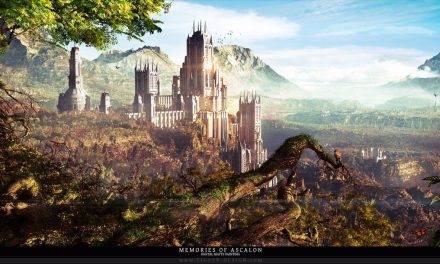Often a final step in the process of creating a character, particularly when it comes to role-playing games, is to write down attributes that aren’t clean metrics; whether the character is “good” or “evil” is a pretty easy way to generalize their ethics, but not everything fits into such neatly-defined categories. In the past I’ve written about how character quirks shouldn’t define the whole of their existence, and today I want to take that a step further.
When it comes to role-playing games, there are many online resources and questionnaires to help players dive into the mindset of their characters, regardless of setting. While some questions/surveys are specific to a particular genre or play-style, there have been hundreds of thousands of questions suggested for ways to more fully realize the character, to bring it to life in a way that simple stat blocks can’t. Recently I hosted the opening session of a new Legend of the Five Rings campaign, and instead of the 20- or 40-question surveys I’ve used in the past—which include questions about the character’s thoughts on honor, the Empire, and the Clans’ places therein—I asked my players two simple questions. These questions came to me recently while doing prep work for this campaign, and I think they cut to the heart of what matters for characters in the game.
What is your character’s idea of “goodness?” Could it be farmers working productively in the field, an Empire without war, a joke told over cups of tea and bottles of sake? Think about what your character considers “good” and worthwhile in life.
What is your character’s idea of “badness?” Is it disloyalty, injury, disharmony, famine? What does your character hold as a truly terrible outcome for a given situation?
Though I’ve categorized this post under “Gaming” I believe the ideas herein can apply to characters created across all kinds of media. I believe it’s very easy to get an idea of who a character is and start running headlong into plot, without fully developing who that person is.
Just a short post today, but one I hope has important implications—sometimes we (as writers/creators) have to take a step to the side and look at our own characters from a new perspective to really understand who and what they are.
















